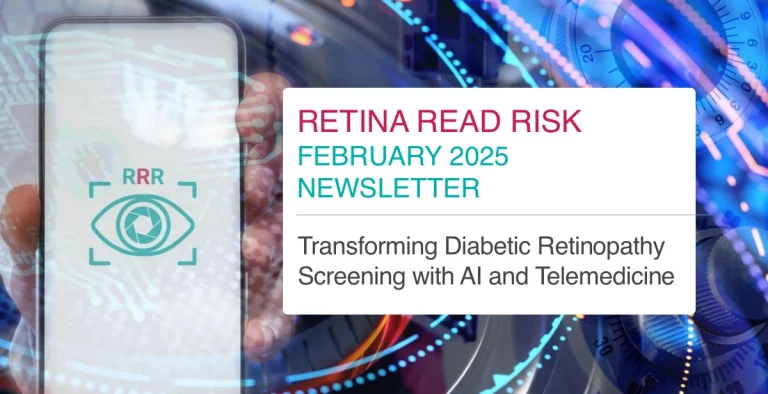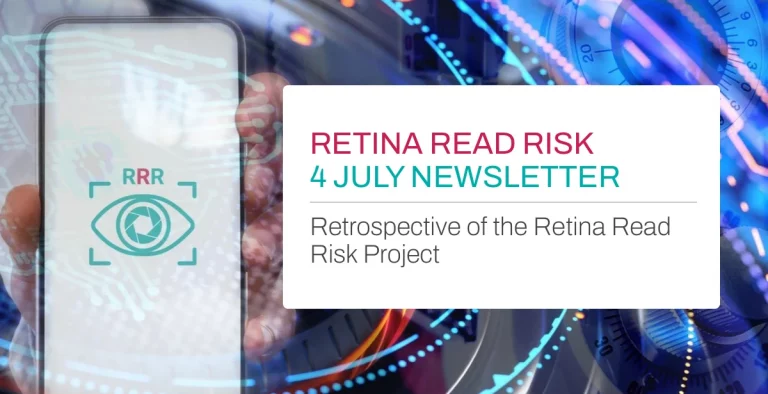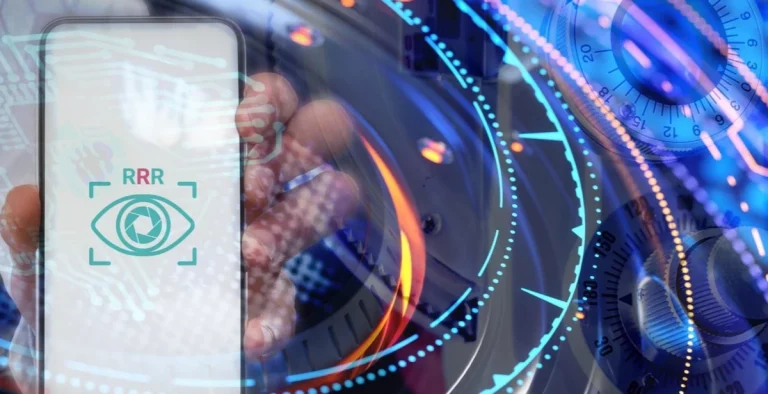Transforming Diabetic Retinopathy Screening with AI and Telemedicine
Advancing Diabetic Retinopathy Screening with AI and Telemedicine.
Diabetic retinopathy (DR) is a microvascular complication of type 1 and type 2 diabetes that affects the small vessels of the retina. DR can lead to complete vision loss if not detected early and is the major cause of preventable blindness in working-age adults.
Globally, DR is the fifth cause of blindness and visual impairment affecting between 3-4% of people in Europe. DR affects 30% of people with diabetes and it is estimated that 280 million people have lost their sight due to diabetes worldwide.
When detected on time, the risk of DR can be reduced by 95% but the disease is asymptomatic in its early stages and the risk of developing DR varies among patients.
DR can be prevented by controlling risk factors, such as glycemia or arterial hypertension. But existing healthcare systems are inefficient in detecting DR for several reasons as short supply of cameras or the fact that 29% of Europeans live outside urban areas, where ophthalmologist units are not located.
The solution stems originally from an European project funded by EIT Health with a Consortium constituted by 7 partners: the Institut d’Investigació Sanitària Pere Virgili, the Institut Català de la Salut, GENESIS Biomed , Telefónica SA, Grupo TRC, and the French organizations Fondation de l’Avenir and E’Seniors.
The solution combines artificial intelligence (AI) models and 5G technologies, that would enable the capture of images at medical offices closest to the population by smart phone. The deep learning models and AI will automatically analyze DR image, helping to predict the risk of a person developing DR.

Josep Lluís has 20 years’ experience in the biomedical sector. He has worked for big pharma companies (Sanofi), mid-size pharmas (Ferrer Grupo), small biotechs (Hospital spin-off), tech transfer offices (Fundació Bosch i Gimpera) and consulting firms (Antares Consulting and Asphalion). He has also been associate professor at IQS. His experience is based on healthcare strategy, technology transfer, fundraising of start-up companies, business development, marketing, market access, reimbursement and regulatory affairs.

Advancing Diabetic Retinopathy Screening with AI and Telemedicine.

Improving Early Detection and Patient Outcomes through E-Learning Module.

About Retina Read Risk Retina Read Risk was officially launched in 2022. The goal of this 3-year project is to develop hardware and software for a new vision-screening process for diabetic retinopathy that, compared to previously developed methods, is both safer for patients and less time-consuming for medical staff. Retina Read Risk is a multidisciplinary …

About Retina Read Risk Through the testimony of Òscar Luri, who has suffered from diabetes for 40 years, we explain how the innovative technology developed thanks to the collaboration of researchers from the Pere Virgili Health Research Institute (IISPV), the Sant Joan University Hospital in Reus and the Rovira i Virgili University (URV) has significantly …

Retina Read Risk was officially launched in 2022. The goal of this 3-year project is to develop hardware and software for a new vision-screening process for diabetic retinopathy that, compared to previously developed methods, is both safer for patients and less time-consuming for medical staff.

A reminder on the Retina Read Risk project! A few months ago, we told you about the latest updates of the Retina Read Risk project, which aims to provide a solution for physicians who monitor diabetic patients, with a device that enables them to better assess the risk of developing an ophthalmic disease known as …
We are grateful to our sponsors and partners for their support, commitment and trust in the project